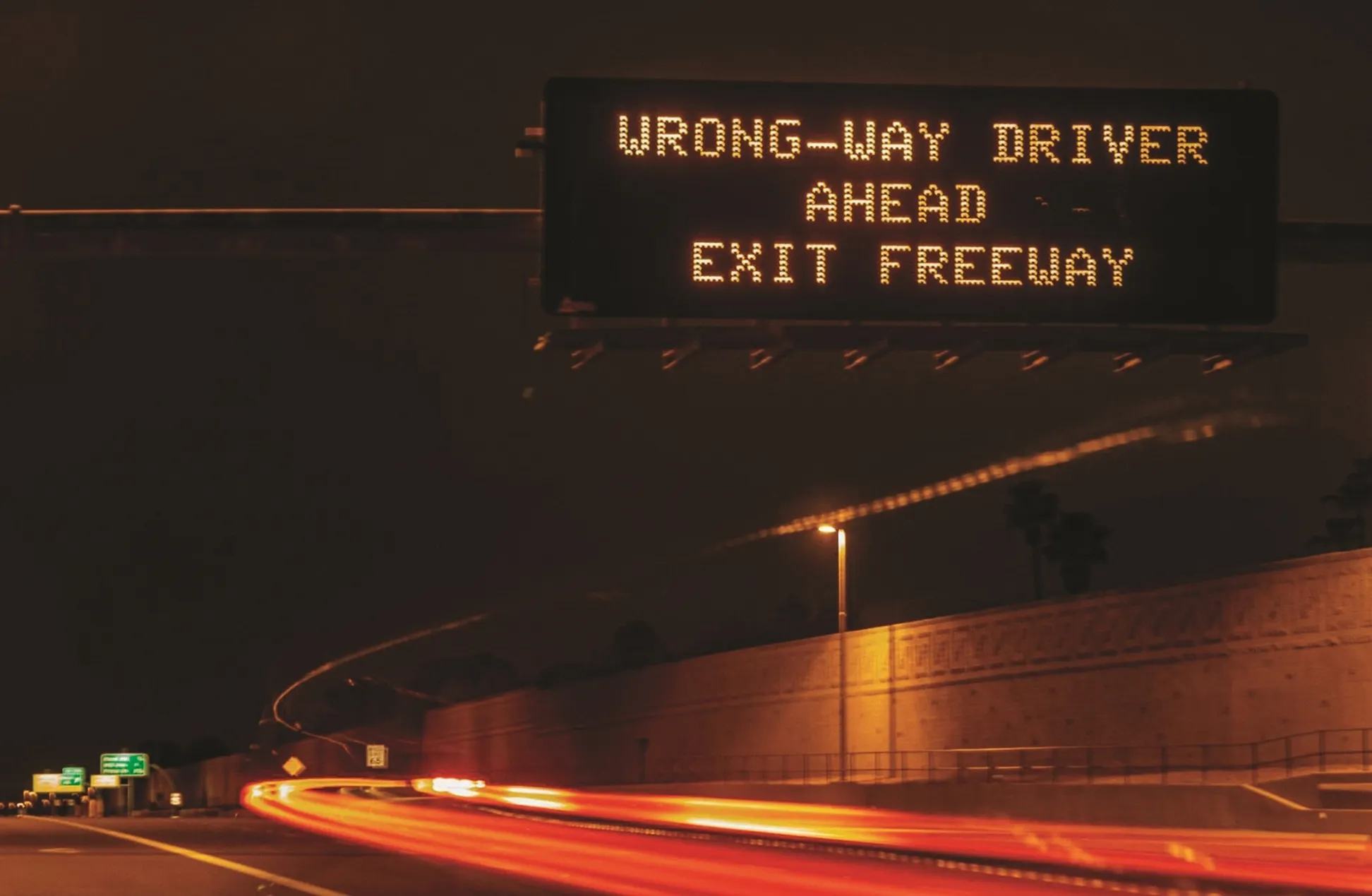An autonomous car developed by Chinese language Internet search provider Baidu has successfully completed rigorous, fully autonomous tests on one route with mixed roads under a variety of environmental conditions, says the company.
The Baidu autonomous car is the first in China to have demonstrated full autonomy under mixed road conditions, marking a milestone in China's autonomous driving effort. The road tests were carried out under complex road conditions, and the Baidu vehicle, a modified BMW 3 Serie
December 11, 2015
Read time: 2 mins
An autonomous car developed by Chinese language Internet search provider Baidu has successfully completed rigorous, fully autonomous tests on one route with mixed roads under a variety of environmental conditions, says the company.
The Baidu autonomous car is the first in China to have demonstrated full autonomy under mixed road conditions, marking a milestone in China's autonomous driving effort. The road tests were carried out under complex road conditions, and the Baidu vehicle, a modified BMW 3 Series, completed the tests by executing a comprehensive set of driving actions and accurately responding to the driving environment.
Baidu claims the car demonstrated full autonomy on the entirety of the 30 kilometre test route and successfully executed driving actions including making right turns, left turns and U-turns, decelerating when detecting vehicles ahead, changing lanes, passing other cars and merging into traffic from on-ramps and exiting from off-ramps. The car speed peaked at 100 km per hour during the test runs.
Baidu AutoBrain, the core of Baidu's autonomous driving technology, includes highly automated driving (HAD) maps, positioning, detection, smart decision-making and control.
Baidu's self-developed HAD maps record 3D road data to within a few centimetres of accuracy of vehicle positioning. With Baidu's leading object recognition and environment perception technology, the car can detect, recognise, and follow other vehicles with high accuracy; recognise road lanes; and accurately gauge distance and velocity.
"Fully autonomous driving under mixed road conditions is universally challenging, with complexity further heightened by Beijing's road conditions and unpredictable driver behaviour," said Wang Jing, SVP of Baidu and general manager of Baidu's newly established Autonomous Driving Business Unit.
The Baidu autonomous car is the first in China to have demonstrated full autonomy under mixed road conditions, marking a milestone in China's autonomous driving effort. The road tests were carried out under complex road conditions, and the Baidu vehicle, a modified BMW 3 Series, completed the tests by executing a comprehensive set of driving actions and accurately responding to the driving environment.
Baidu claims the car demonstrated full autonomy on the entirety of the 30 kilometre test route and successfully executed driving actions including making right turns, left turns and U-turns, decelerating when detecting vehicles ahead, changing lanes, passing other cars and merging into traffic from on-ramps and exiting from off-ramps. The car speed peaked at 100 km per hour during the test runs.
Baidu AutoBrain, the core of Baidu's autonomous driving technology, includes highly automated driving (HAD) maps, positioning, detection, smart decision-making and control.
Baidu's self-developed HAD maps record 3D road data to within a few centimetres of accuracy of vehicle positioning. With Baidu's leading object recognition and environment perception technology, the car can detect, recognise, and follow other vehicles with high accuracy; recognise road lanes; and accurately gauge distance and velocity.
"Fully autonomous driving under mixed road conditions is universally challenging, with complexity further heightened by Beijing's road conditions and unpredictable driver behaviour," said Wang Jing, SVP of Baidu and general manager of Baidu's newly established Autonomous Driving Business Unit.










